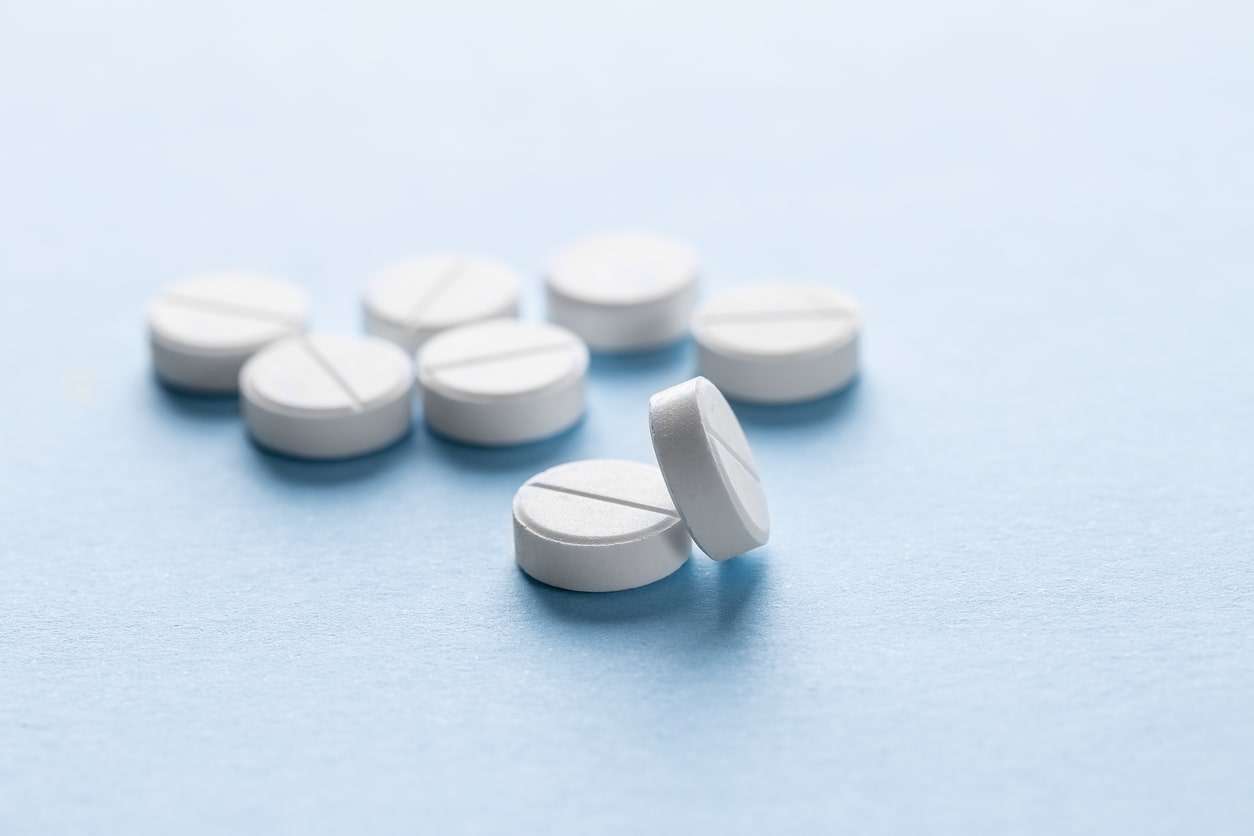Alcoholic gastritis is an inflammation, irritation, or erosion of the stomach lining caused by excessive alcohol consumption. The stomach lining, or mucosa, is normally protected by a layer of mucus that shields it from the acidic digestive juices it produces. However, chronic alcohol use can damage this protective barrier, leading to inflammation and other related problems.
What to do if you have alcoholic gastritis?
The first thing to do if you’re dealing with alcoholic gastritis is to give us a call at (470) 828-2226. Don’t wait. There’s no need to read the rest of this article. If you’re dealing with alcoholic gastritis, you have a problem with alcohol. There’s no shame in that. But it is a fact. To deal with it, you need to get help at an alcohol detox center. So give us a call today so that we can start your treatment. Today.
Causes of Alcoholic Gastritis:
- Direct Irritation: Alcohol directly irritates the stomach lining, leading to inflammation and increased production of stomach acid. This irritation can weaken the protective mucous layer, making the stomach lining more susceptible to damage from stomach acids.
- Increased Acid Production: Alcohol stimulates the production of gastric acid, which can exacerbate inflammation and lead to the erosion of the stomach lining, causing gastritis.
- Decreased Mucus Production: Chronic alcohol use can reduce the stomach’s ability to produce mucus, which normally protects the stomach lining from acidic digestive juices.
- Disruption of Blood Flow: Alcohol can interfere with the normal blood flow to the stomach, which is essential for maintaining a healthy stomach lining.
- Bacterial Infection: Chronic alcohol use can also increase the risk of infection with Helicobacter pylori (H. pylori), a bacterium that can cause gastritis and ulcers.
Symptoms of Alcoholic Gastritis:
- Abdominal Pain: Pain or discomfort in the upper abdomen, which may worsen after eating or drinking.
- Nausea and Vomiting: Feeling nauseous or vomiting, which may include blood or coffee-ground-like material if there is bleeding.
- Bloating: A feeling of fullness or bloating in the stomach.
- Loss of Appetite: A reduced desire to eat, which can lead to weight loss.
- Indigestion: Experiencing discomfort or a burning sensation in the stomach, especially after eating.
- Heartburn: A burning sensation in the chest due to acid reflux.
- Hematemesis: Vomiting blood, which may indicate more severe erosion of the stomach lining.
Complications (or why you need to get alcohol detox):
If left untreated, alcoholic gastritis can lead to more severe complications, including:
- Stomach Ulcers: Open sores that develop on the stomach lining.
- Gastrointestinal Bleeding: Erosion of the stomach lining can lead to bleeding, which may be life-threatening if severe.
- Chronic Gastritis: Persistent inflammation can lead to chronic gastritis, increasing the risk of stomach cancer.
Treatment for Alcoholic Gastritis:
- Abstinence from Alcohol: The most crucial step in treating alcoholic gastritis is to stop drinking alcohol. This helps the stomach lining heal and reduces inflammation.
- Medications:
- Proton Pump Inhibitors (PPIs): Medications like omeprazole or esomeprazole reduce stomach acid production, allowing the stomach lining to heal.
- H2 Blockers: Drugs like ranitidine or famotidine also reduce stomach acid.
- Antacids: These can neutralize stomach acid and provide relief from symptoms.
- Antibiotics: If H. pylori infection is present, antibiotics may be prescribed to eradicate the bacteria.
- Dietary Changes: Eating a bland diet, avoiding spicy or acidic foods, and eating smaller, more frequent meals can help reduce symptoms.
- Lifestyle Modifications: Quitting smoking, reducing stress, and avoiding nonsteroidal anti-inflammatory drugs (NSAIDs) can also help manage symptoms.
- Hydration: Ensuring proper hydration can help soothe the stomach lining and promote healing.
Prognosis:
With proper treatment and abstinence from alcohol, many individuals with alcoholic gastritis can recover and avoid further complications. However, continued alcohol consumption can lead to chronic gastritis, ulcers, or more severe gastrointestinal problems.
Why is it important to get Alcohol Detox if you’re dealing with Alcoholic Gastritis?
Getting alcohol detox is crucial if you’re dealing with alcoholic gastritis for several reasons:
1. Healing the Stomach Lining:
- Cessation of Irritation: Continued alcohol consumption further irritates the already inflamed stomach lining, worsening gastritis. Detoxing from alcohol removes the source of irritation, allowing the stomach lining to heal. Without detox, the stomach may remain inflamed, leading to chronic gastritis, ulcers, or even stomach bleeding.
2. Reducing Acid Production:
- Lowering Acid Levels: Alcohol stimulates the production of stomach acid, which can exacerbate gastritis symptoms and damage the stomach lining. Detoxing from alcohol helps reduce acid production, providing a less hostile environment for the stomach lining to recover.
3. Preventing Complications:
- Avoiding Severe Outcomes: If left untreated, alcoholic gastritis can lead to serious complications, such as bleeding ulcers, gastrointestinal bleeding, or even perforation of the stomach lining. Detoxing from alcohol can prevent these potentially life-threatening complications.
4. Supporting Overall Recovery:
- Comprehensive Healing: Alcohol detox is often the first step in a broader recovery process that includes addressing both physical and psychological aspects of alcohol dependence. By detoxing, you’re not only addressing gastritis but also improving your overall health, reducing the risk of liver damage, and breaking the cycle of addiction.
5. Improving Nutritional Absorption:
- Restoring Nutrient Uptake: Alcohol interferes with the stomach’s ability to absorb essential nutrients, contributing to malnutrition, which can further impair healing. Detoxing allows the stomach to begin properly absorbing nutrients again, supporting the body’s overall healing process.
6. Reducing Risk of Recurrence:
- Preventing Relapse: If you continue to drink while managing alcoholic gastritis, there’s a high risk that the condition will persist or worsen. Detox helps to break the dependence on alcohol, making it easier to maintain sobriety and reduce the likelihood of gastritis recurrence.
Where can you get Alcohol Detox in Atlanta?
If you’re looking for a place to get clean and get alcohol detox, it’s time to give us a call at Detox Atlanta at (470) 828-2226. We understand that alcohol abuse is scary. And it can be terrifying to reach out and get the help that you need. But getting Alcohol Detox at Detox Atlanta is the best thing that you can do for yourself if you’re struggling with alcohol abuse. You don’t deserve to die. So pick up the phone and call us, today. We’re waiting for you.






